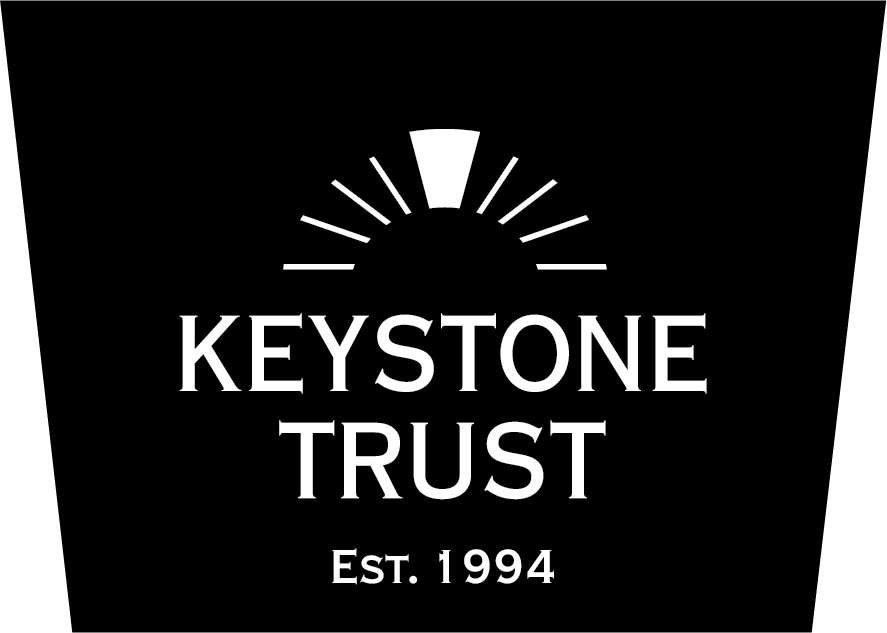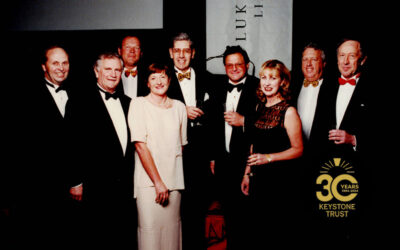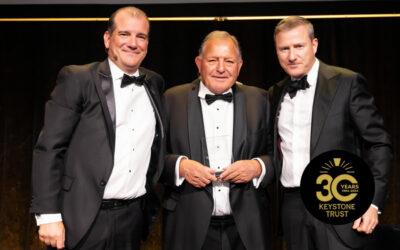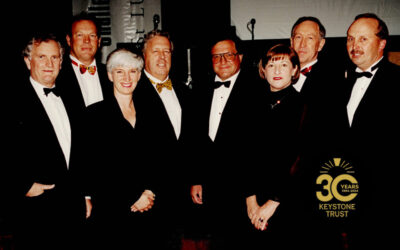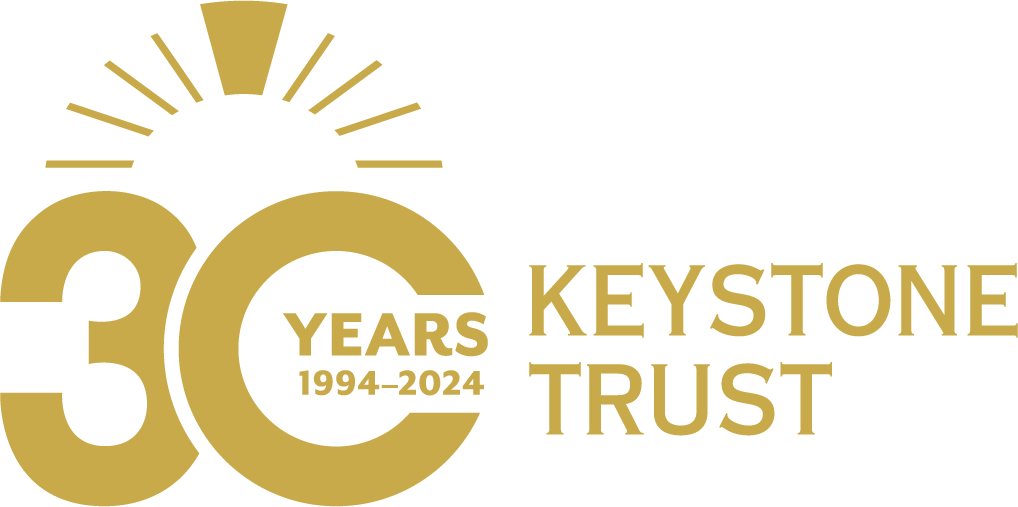
Not everyone who gets a Keystone Study Award accepts it. At least not immediately.
That was the case for Dane Hart, who encountered a delicious collision of opportunities in his final months at school.

“That opportunity to go to Vanuatu spoke to me; when I’m here in Christchurch, I don’t have to think about where water is coming from, whereas around a lot of the Pacific, you can’t take clean water for granted – especially with the added impact of climate change.”
Dane received the news he was a Keystone recipient about the same time as another offer came his way: to go to Vanuatu and teach for a year. “Fortunately, Keystone were happy for me to go to Vanuatu, and very supportive of the project,” says Dane.
So off he went overseas: spending a year at a high school teaching science, maths and English during work days and having big bush adventures at the weekend.
When the year was up, it was his turn to be the student once again – taking up his Keystone award and embarking on a civil engineering degree at the University of Canterbury. This would prove to be his fourth address since growing up in the Northland town of Ruawai and then boarding at King’s College during his highschool years.
Dane’s parents were farmers. A bursary had secured his place at King’s where he threw himself into most every possible activity: basketball, orienteering, rowing, waterpolo, athletics and drama included. He also immersed himself in numerous pastoral and charity campaigns, while making sure he got great grades at school.
It was this background that brought him to where he is now: Chief Executive of Engineers Without Borders, New Zealand (EWBNZ), based in Christchurch. He realised early in the piece that he wanted to make the world a better place, he says, and for him, the best way to do that was through water and sanitation work. “That opportunity to go to Vanuatu spoke to me; when I’m here in Christchurch, I don’t have to think about where water is coming from, whereas around a lot of the Pacific, you can’t take clean water for granted – especially with the added impact of climate change.”
As with his decision to defer his study award, Dane’s path through university was not linear. In 2008, he switched from studying civil engineering to natural resources. This paved the way for him to pursue his passion for international development. At the same time, he had his first encounter with EWBNZ.
In the beginning, it was as a volunteer, then it became fulltime work, and now his role as Chief Executive has seen EWBNZ grow from a staff of one – Dane – to eight, with a ninth team member currently being recruited. “It’s hard work, but interesting work,” says Dane of his role, which has taken him across the Pacific.
“We have been able to expand and grow and diversify.”
During his time at university, Dane’s Keystone connection saw him mentored by another alumnus: Corrina Gibbons-Hurinui. “She was very supportive, and spot-on in her advice,” he says. Likewise, the Keystone Study Award meant he could concentrate on his university work – something particularly vital given that he had started a year later than his peers.
“What I quickly realised was that studying was a fulltime-plus job. I had to really knuckle down, and I would have really struggled to dedicate the time I needed to keep up [with my fellow students] if I’d also had to support myself financially,” he says.
